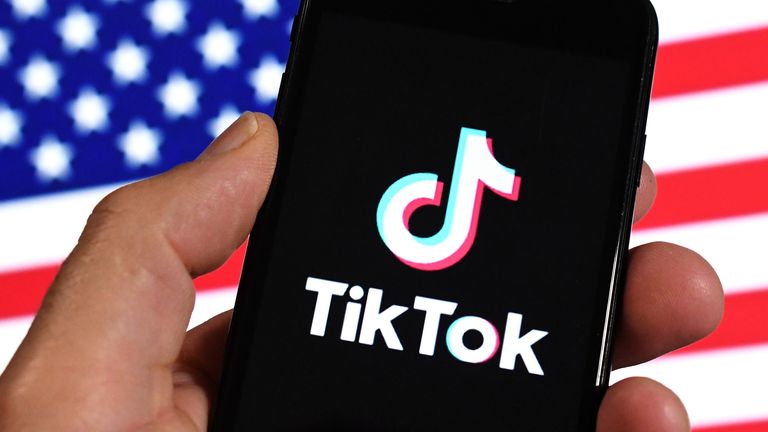TikTok is suing the US government over a law that seeks to force the app’s Chinese owner ByteDance to sell it within nine months or ban its use in America.
The popular video-sharing platform is trying to block the recently passed bill, arguing it violates the US constitution, including the first amendment which protects free speech.
The bill, officially known as the Protecting Americans from Foreign Adversary Controlled Applications Act, was signed by President Joe Biden on 24 April and gives TikTok’s Chinese parent company ByteDance until 19 January next year to sell the app to another company or face a ban.
The measure was passed overwhelmingly in Congress last month amid worries among US politicians that China could access data on American people or spy on them with the app.
TikTok denies it has or ever would share US user data, accusing American politicians of pushing “speculative” concerns.
More than one billion people use TikTok worldwide, including 170 million in the US, which is the country with the platform’s biggest audience.
The lawsuit, which was filed by TikTok and ByteDance in Washington on Tuesday at the US Court of Appeals for the District of Columbia Circuit, called the act an “unprecedented violation” of the first amendment.
It said: “For the first time in history, Congress has enacted a law that subjects a single, named speech platform to a permanent, nationwide ban, and bars every American from participating in a unique online community with more than one billion people worldwide.”
It also said: “There is no question: the act (law) will force a shutdown of TikTok by 19 January 2025, silencing the 170 million Americans who use the platform to communicate in ways that cannot be replicated elsewhere.”
ByteDance has said it “doesn’t have any plan to sell TikTok”. But even if it wanted to, the company would have to get the nod from Beijing, which previously opposed a forced sale of the platform and has signalled its opposition this time around.
TikTok argues that invoking national security concerns is not a sufficient reason for restricting free speech, and the burden is on the federal US government to prove that this restriction is warranted. It has not met that burden, the lawsuit stated.
The lawsuit claimed that if the act remains in place, it would allow the federal government to force the publishers of other platforms, including news sites, to sell or be shut down, citing national security grounds.
Opponents of the law argue that Chinese authorities could easily get information on Americans in other ways, including through commercial data brokers which rent or sell personal information.
The Justice Department declined to comment on the suit Tuesday.



























